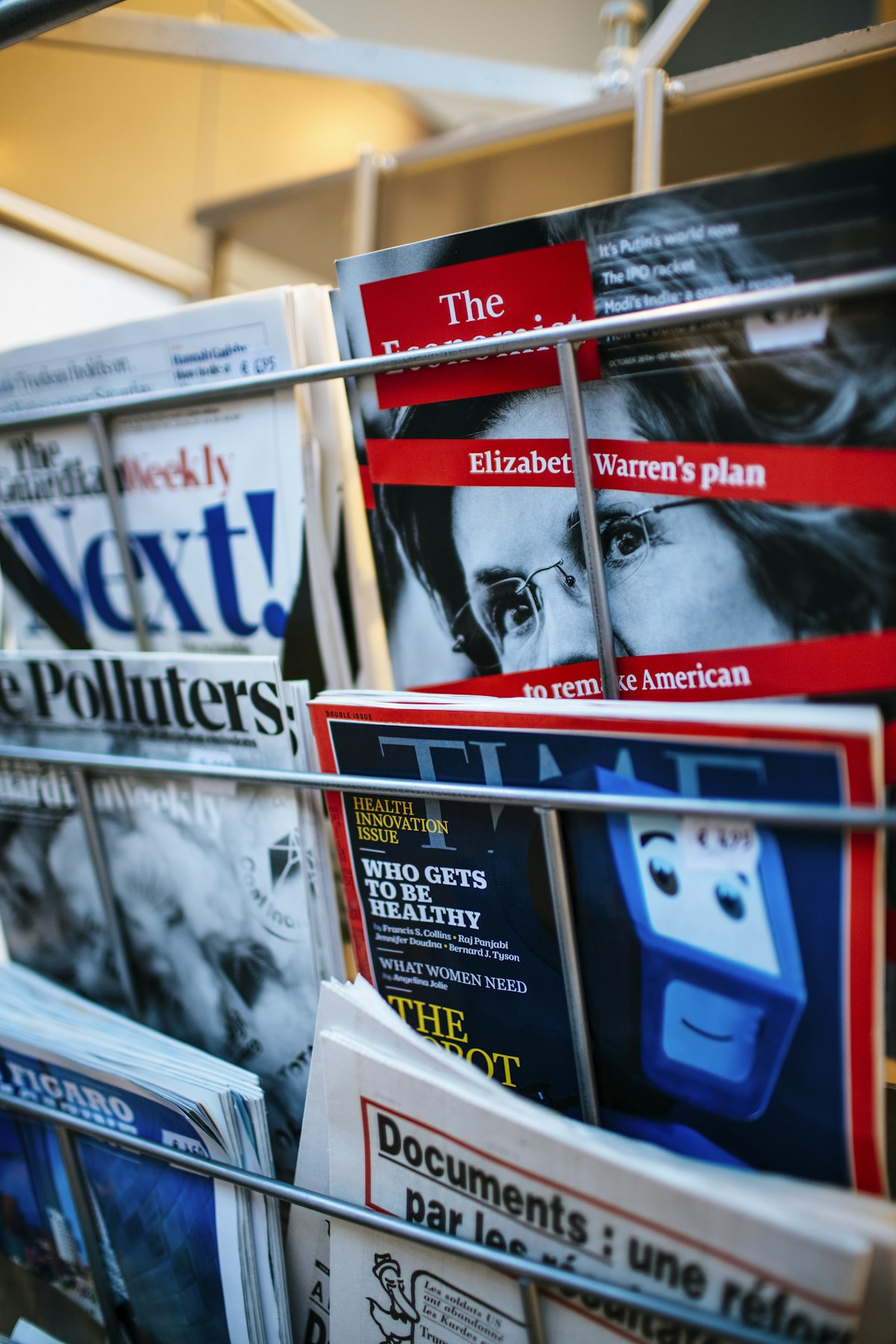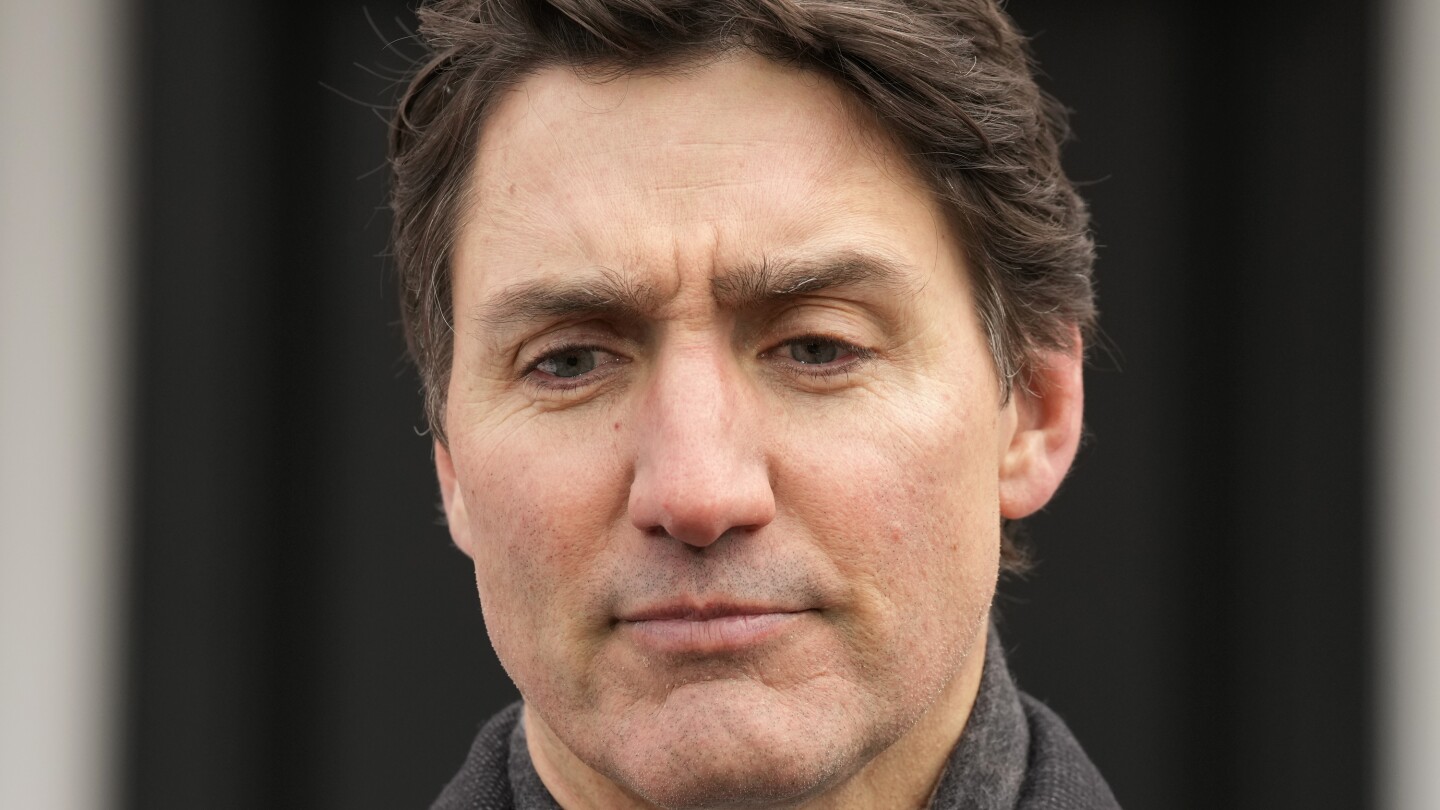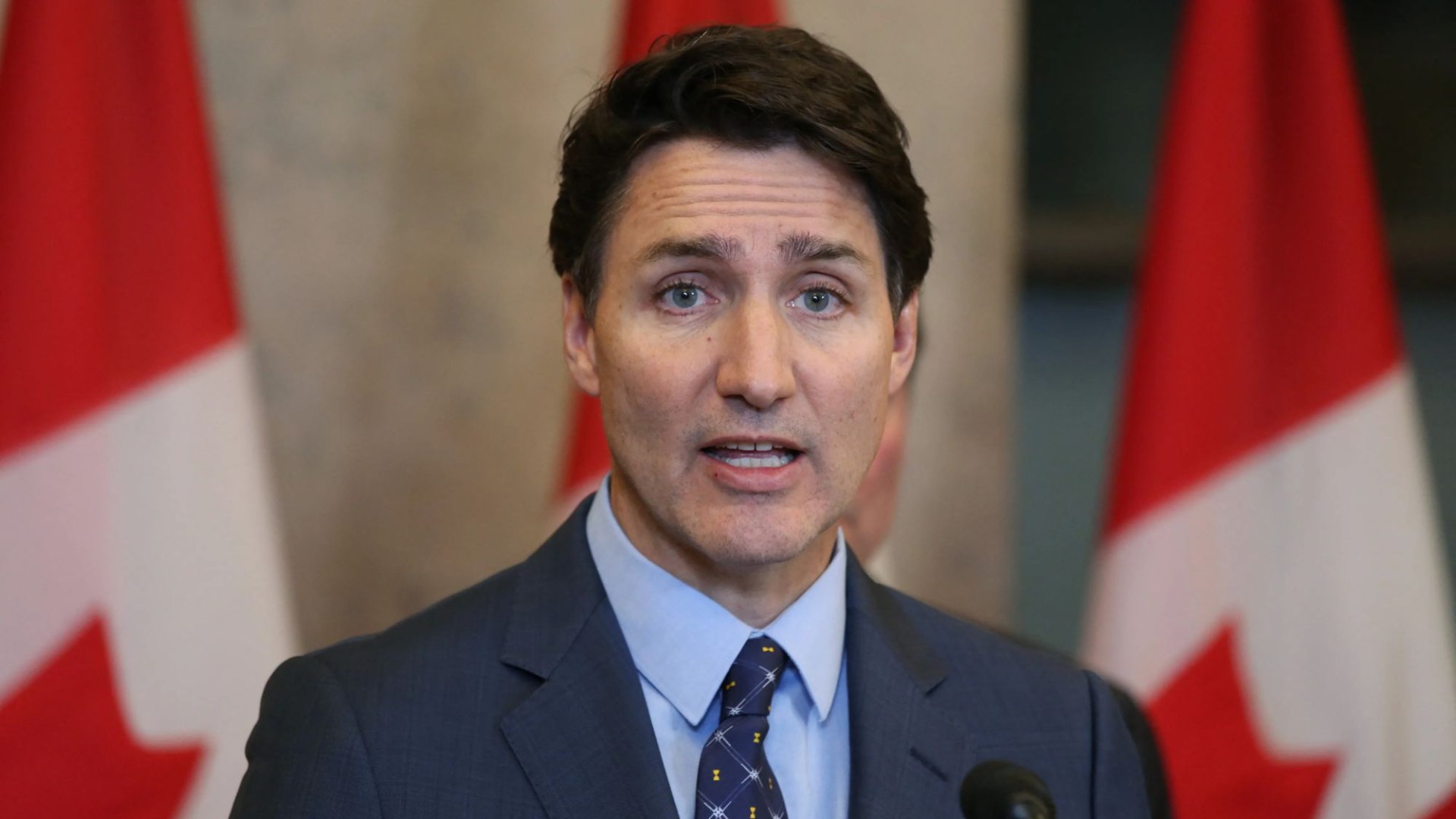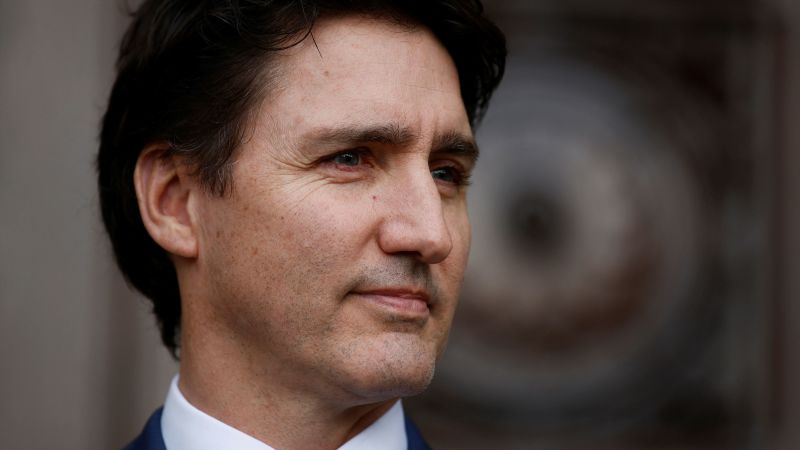

Canadian Prime Minister Justin Trudeau has announced his resignation as leader of the Liberal Party and as Prime Minister, following increasing internal dissent and declining public support. He will remain in office until a new leader is selected, with the Liberal Party planning to choose his successor before Parliament resumes on March 24, 2025.
Trudeau's tenure, beginning in 2015, included significant policy initiatives such as implementing a carbon tax, appointing a gender-balanced cabinet, and legalizing cannabis. However, his leadership faced challenges, including controversies like the blackface scandal, allegations of inappropriate behavior, and criticism over handling immigration and rising living costs.
The resignation of key cabinet members, notably Finance Minister Chrystia Freeland, who stepped down citing a lack of confidence, intensified internal party pressures. Additionally, the Liberal Party's declining poll numbers and potential economic challenges, such as anticipated tariffs from the incoming U.S. administration, contributed to Trudeau's decision to step down.
Trudeau stated he would continue to serve until a new leader is chosen, expressing confidence in the Liberal Party's future and commitment to Canada's progress. The upcoming leadership race is expected to be competitive, with the new leader facing immediate challenges, including a likely spring election and addressing Canada's economic concerns.
This development marks a significant shift in Canada's political landscape, with the Liberal Party preparing for a transition amid internal and external pressures.
References:
 AP NewsROB GILLIES
AP NewsROB GILLIES
 The Scottish Sun″
The Scottish Sun″
 CNNChristian Edwards, Paula Newton
CNNChristian Edwards, Paula Newton